Examining Globalization: Paradigms of the 20th Century & Challenges
VerifiedAdded on 2023/06/18
|5
|763
|312
Essay
AI Summary
This essay examines the challenges faced by globalization, particularly focusing on the transition from the twentieth to the twenty-first century. It highlights how globalization, initially driven by trade in tangible goods, has evolved to encompass the exchange of ideas, training, and human capital. The essay assesses the strengths and weaknesses of the central argument that outdated paradigms hinder understanding of contemporary globalization, supported by evidence of the impact of industrial revolutions and ICT on socio-economic development. It identifies key concepts such as the role of ICT in facilitating access to information and markets, the risks faced by countries failing to embrace technological advancements, and the shift from predictable, slow globalization processes to more dynamic and competitive landscapes. The analysis draws on various sources to illustrate the transformation of international commerce and the increasing importance of knowledge economies in the globalized world.
1 out of 5
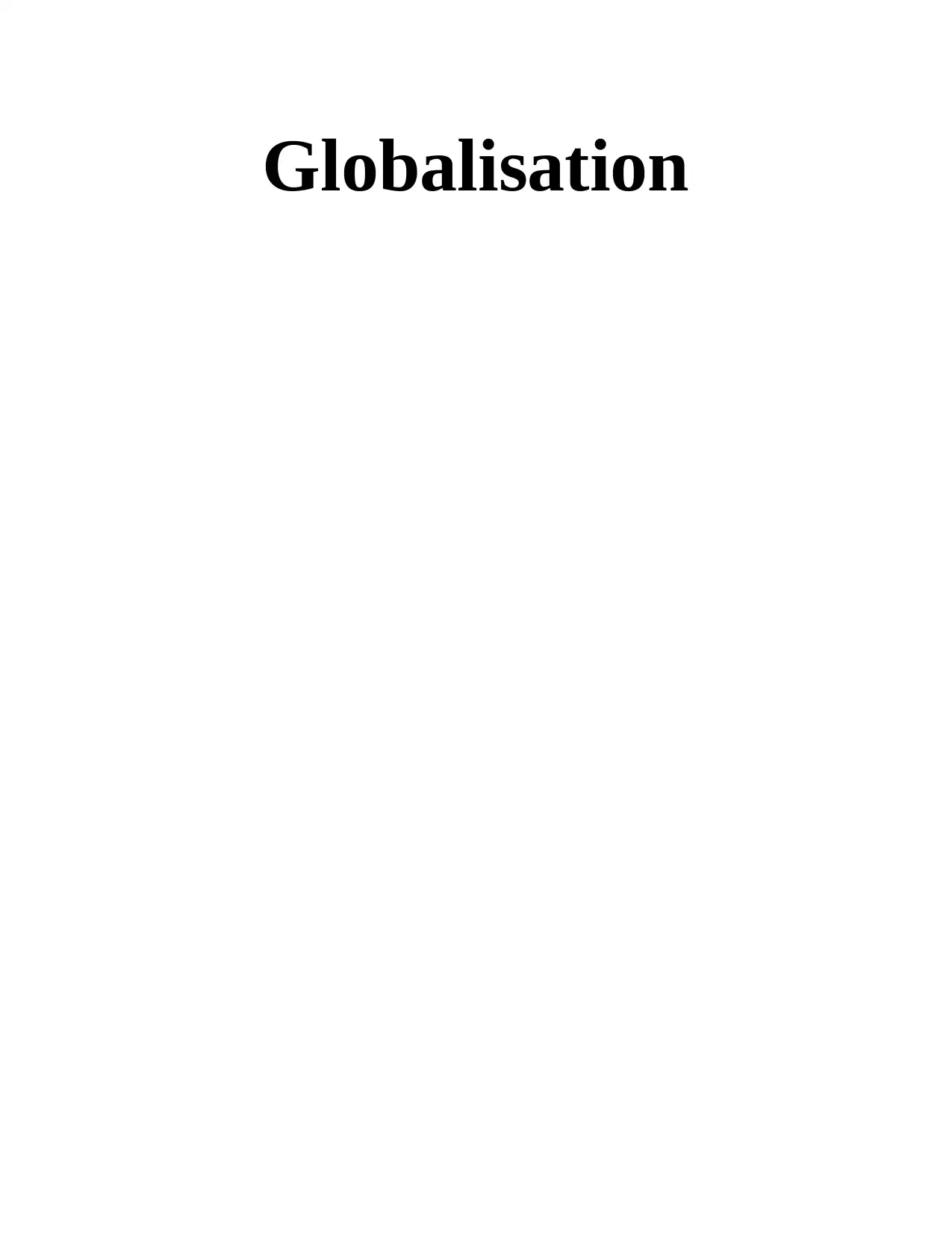
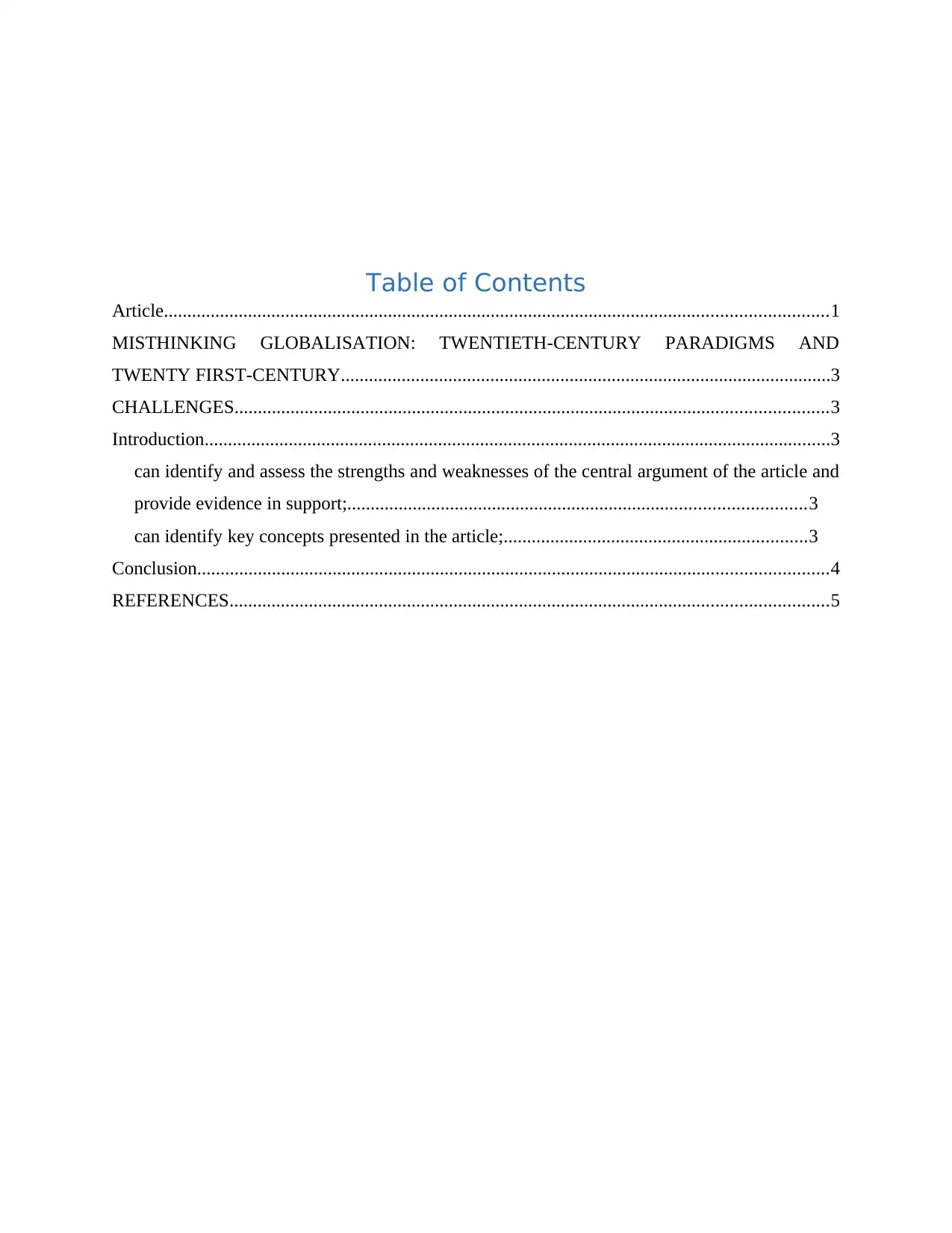
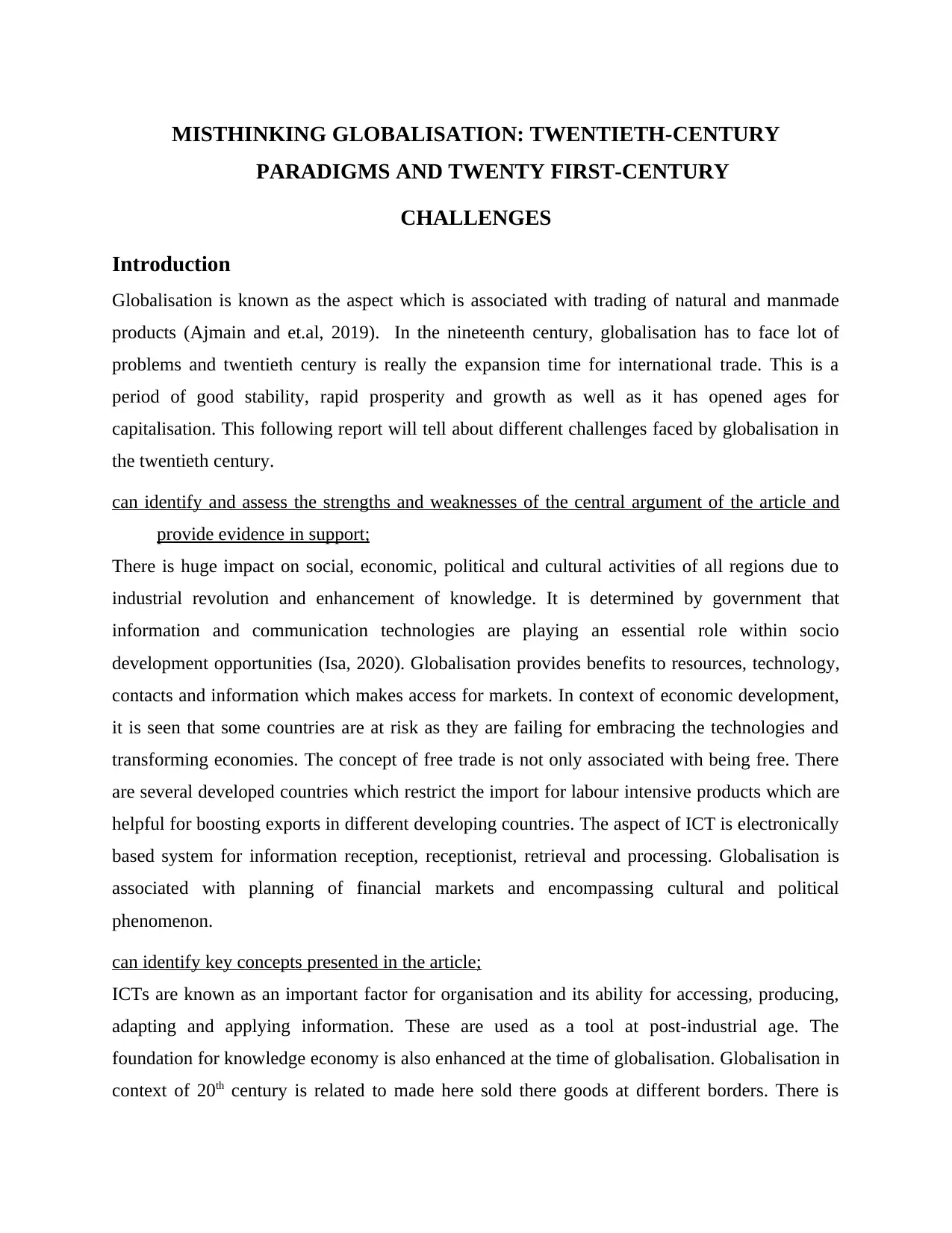

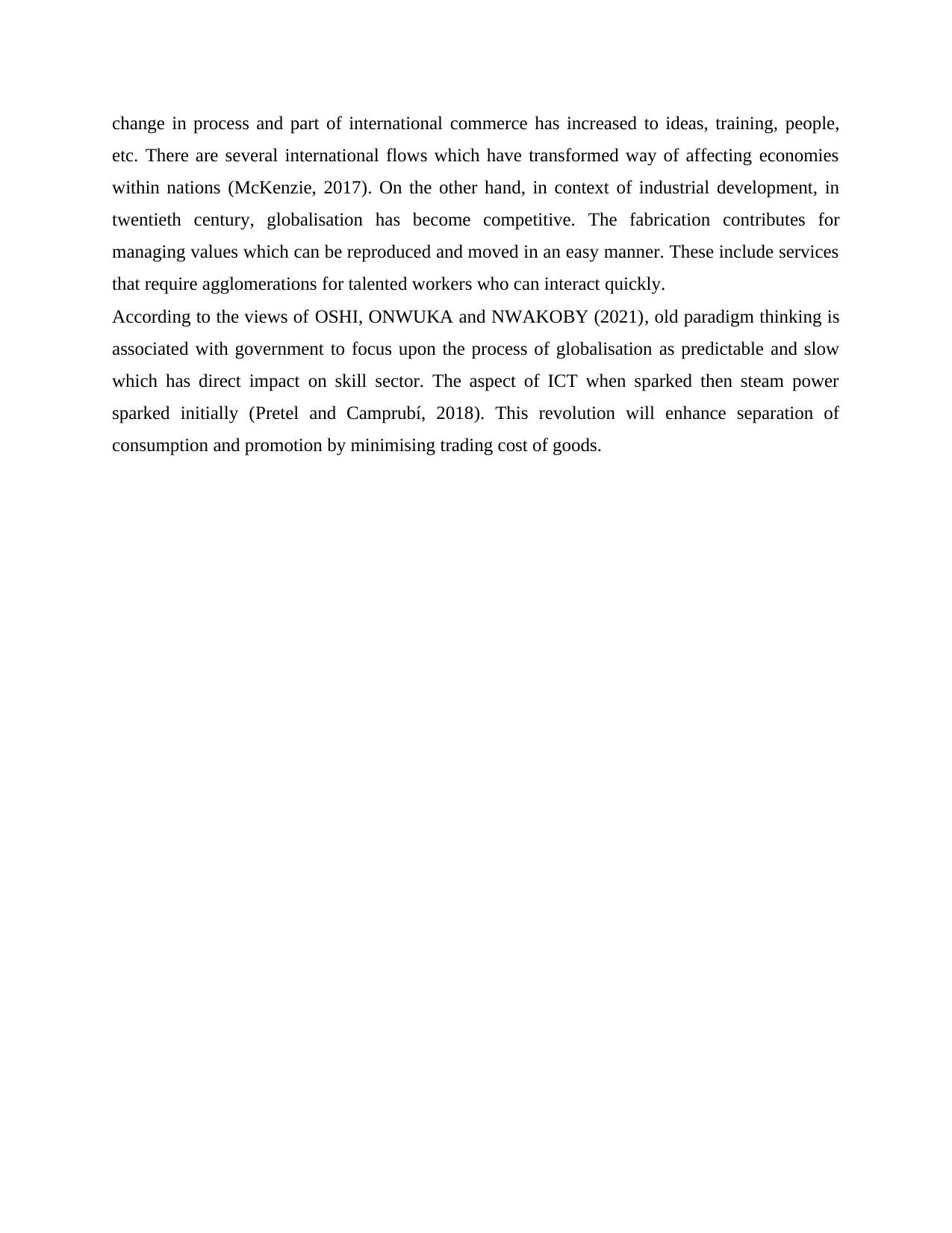
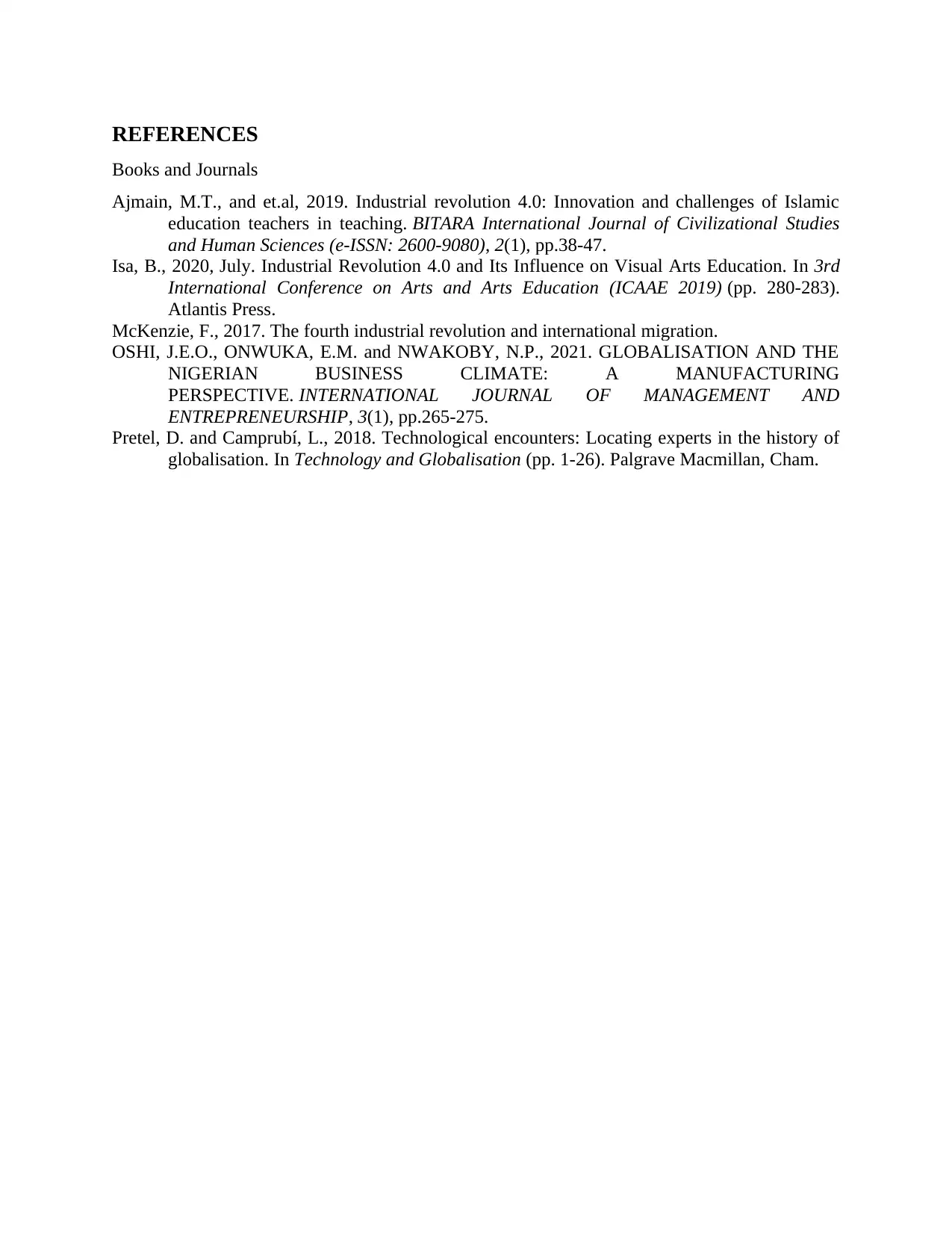






![[object Object]](/_next/static/media/star-bottom.7253800d.svg)